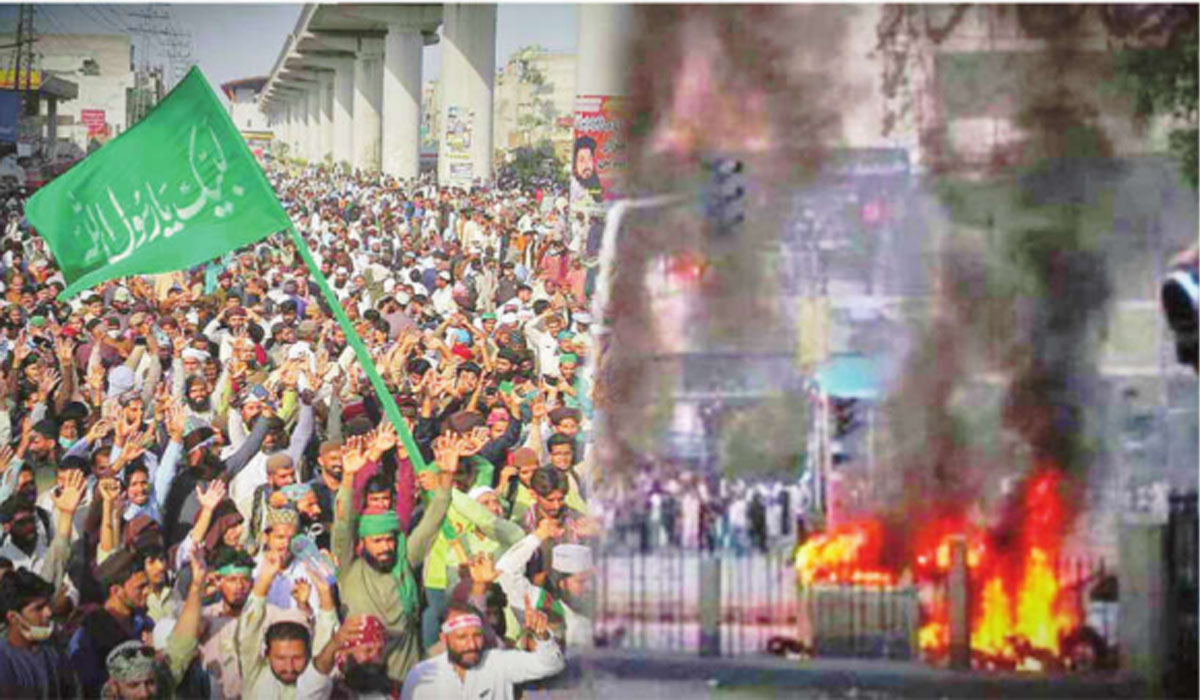
New Delhi, May 11: Pakistan, a nation founded in 1947 as a homeland for South Asia’s Muslims, claims to embody Islamic ideals. Yet, its actions starkly contradict the principles of Islam, making it arguably the most un-Islamic country in the world.
From fostering sectarian violence to enabling terrorism, exploiting children, and institutionalising corruption, Pakistan’s state machinery and societal practices betray the very faith it professes to uphold. Islamic scholars, historical data, and contemporary evidence reveal a grim reality. Sectarian Violence: A Betrayal of Islamic Unity Islam unequivocally condemns fitna*-fratricidal wars or sectarian strife as a grave sin.
The Quran (6:159) warns against dividing the faith, yet Pakistan has systematically encouraged sectarian violence, particularly against Shias and Ahmadis. Since 1947, the Shia population, once a significant minority, has dwindled due to targeted killings, bombings, and state-backed persecution. According to Human Rights Watch (2020), over 4,000 Shias have been killed in sectarian attacks since the 1980s, with groups like Sipah-e-Sahaba and Lashkar-e-Jhangvi operating with impunity. Ahmadis, declared non- Muslims by Pakistan’s constitution in 1974, face relentless violence and legal discrimination. The 2010 Lahore Mosque attacks, which killed 94 Ahmadis, exemplify this state- sanctioned persecution.
Islamic scholar Maulana Abul Kalam Azad once said, “Sectarianism is a poison that destroys the unity of the Ummah.” Pakistan’s policies have weaponized this poison, reducing minorities to mere shadows of their former presence. Violence against Innocents: A Violation of Islamic Ethics (PBUH) Islam strictly prohibits violence against non-combatants.
The Prophet Muhammad emphasised, “Do not kill women, children, or the elderly” (Sahih al-Bukhari). Yet, Pakistan’s state and non-state actors have repeatedly targeted civilians. The 2014 Peshawar school massacre, where the Tehrik-i-Taliban Pakistan (TTP) killed 149 people, including 132 children, shocked the world.
Pakistan’s intelligence agencies have been linked to supporting terrorist groups like Jaish- e-Mohammed, responsible for attacks such as the 2001 Indian Parliament assault. The UN Security Council’s 2019 designation of Masood Azhar, a Pakistani cleric, as a global terrorist underscores this complicity. These acts not only defy Islamic teachings but also stain Pakistan’s moral fabric.
Exploiting Children for Terrorism
Perhaps the most egregious violation of Islamic values is Pakistan’s use of children as tools of terror. Madrassas, meant to be centers of Islamic learning, have become breeding grounds for extremism. A 2015 report by the International Crisis Group noted that over 2 million children in Pakistan’s madrassas
are exposed to radical ideologies, with groups like Lashkar-e-Taiba recruiting youths as young as 12 for jihadist activities.
While these vulnerable children are groomed as cannon fodder, Pakistan’s military elite amass wealth through corruption. Former General Pervez Musharraf’s reported $10 million London properties, as revealed by the Panama Papers, highlight this grotesque disparity. The Quran (4:135) demands justice and condemns exploitation, yet Pakistan sacrifices its youth to enrich its generals.
A Criminal Nexus of Terror and Corruption
Pakistan has perfected a sinister model of collusion between terrorists, corrupt military officials, and religious extremists masquerading as preachers. Hafiz Saeed, founder of Lashkar-e- Taiba, operated openly in Pakistan for years, despite a $10 million U.S. bounty.
His 2017 house arrest was widely seen as a farce, with Saeed continuing to incite violence. This nexus extends to hawala networks that funnel illicit funds to tax havens. A 2021 Financial Action Task Force (FATF) report flagged Pakistan’s weak anti-money laundering framework, noting its failure to curb terror financing. Meanwhile, the country’s elite- generals, politicians, and bureaucrats- siphon billions abroad.
Transparency International’s 2024 Corruption Perceptions Index ranks Pakistan 133 out of 180, reflecting systemic rot. Islamic scholar Mufti Taqi Usmani has warned, “Corruption is a betrayal of Allah’s trust.” Pakistan’s leaders, however, thrive on this betrayal.
Fleeing with Stolen Wealth
After plundering the nation, Pakistan’s elite retire to luxurious havens in London, Dubai, and Saudi Arabia, living off ill-gotten wealth. Former Prime Minister Nawaz Sharif’s £7 million London properties, exposed in the Panama Papers, are a case in point.
General Qamar Javed Bajwa’s alleged $56 million in offshore assets, reported by Pakistani journalist Ahmad Noorani in 2022, further illustrate this trend. The Quran (2:188) forbids usurping others’ property, yet Pakistan’s rulers treat the nation’s wealth as their personal fiefdom. While ordinary Pakistanis face poverty-33% live below the poverty line, per the World Bank (2023)-the elite revel in opulence abroad, mocking Islamic principles of accountability and justice.
Conclusion: A Nation Adrift from Islam
Pakistan’s claim to Islamic legitimacy is a hollow facade. Its promotion of sectarian violence, attacks on innocents, exploitation of children, and institutional corruption stand in direct opposition to Islam’s core tenets. The Prophet Muhammad (PBUH) said, “The best of people are those who benefit others” (Sunan al-Tirmidhi). Pakistan, however, benefits only its predatory elite, leaving its people and faith betrayed. For a nation founded on Islam, the path to redemption lies in confronting these un-Islamic realities and realigning with the justice, compassion, and unity that define the faith.
